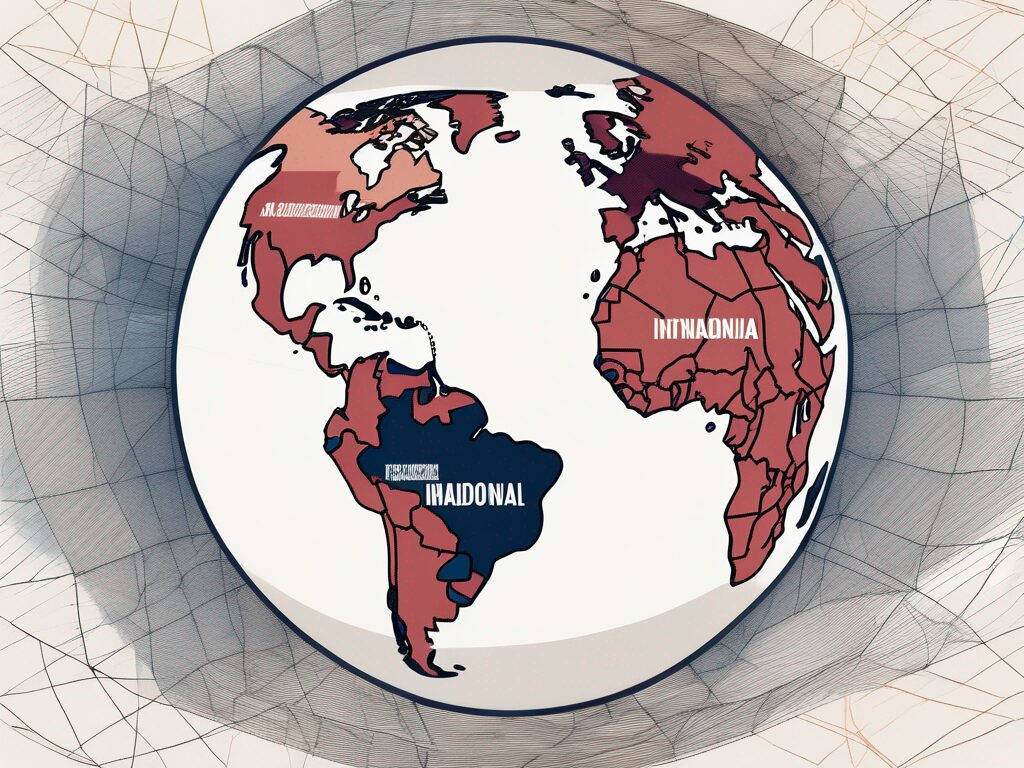A Comprehensive Guide to Teaching in International Schools in the United States
The United States serves as a prominent destination for international educators, offering a rich tapestry of cultural diversity and educational opportunities. Engaging in teaching within international schools in the USA presents a unique chance for educators to contribute to a global learning environment, fostering cultural exchange and professional growth while positively impacting the lives of students from various backgrounds.
Defining International Schools
To effectively navigate the landscape of international education, it is essential to comprehend the nature of international schools. These institutions primarily serve students who are not citizens of the host country, adhering to an international curriculum that diverges from the national educational framework.
International schools in the USA typically enroll children of expatriates, diplomats, and international families, creating an environment that emphasizes multicultural understanding, global citizenship, and high academic standards.
Curricular Frameworks in International Schools
A distinguishing characteristic of international schools is their curricular offerings. Unlike traditional American schools, these institutions often implement internationally recognized curricula such as the International Baccalaureate (IB), Cambridge International Examinations (CIE), or the International General Certificate of Secondary Education (IGCSE).
These curricula are globally acknowledged and provide a well-rounded education that equips students for higher education and international career pathways. Educators in these settings are tasked with delivering this curriculum, which presents both challenges and rewarding experiences.
The Educator’s Role in International Schools
Teaching in an international school transcends mere lesson delivery; it encompasses nurturing a passion for learning, fostering cultural awareness, and preparing students for a globalized future. Educators in these environments assume multiple roles.
They act as mentors, guiding students through their academic pursuits, cultural ambassadors promoting respect for diverse backgrounds, and role models inspiring students to achieve excellence and embrace their responsibilities as global citizens.
Pedagogical Approaches in International Schools
International schools frequently adopt contemporary, student-centered pedagogical methods. These approaches prioritize critical thinking, creativity, and independent learning. Educators are expected to facilitate learning experiences rather than simply convey information.
Examples of effective pedagogical strategies include project-based learning, where students tackle real-world challenges, and inquiry-based learning, which encourages students to pose questions and delve deeply into subjects. These methodologies require a distinct skill set compared to traditional teaching practices.
Pathway to Becoming an International School Educator
Embarking on a career in international schools in the USA necessitates a combination of educational qualifications, practical experience, and personal attributes. The following steps outline the pathway to this rewarding profession.
Step 1: Attain a Bachelor’s Degree
The foundational step towards becoming an international school educator is obtaining a bachelor’s degree, typically in education or a related discipline. Some institutions may also necessitate a master’s degree in education or a relevant field.
Step 2: Acquire Teaching Experience
International schools generally favor candidates with prior teaching experience. This can be obtained through student teaching placements during your degree program or through employment in educational settings post-graduation. A robust portfolio of experience enhances your candidacy for positions in international schools.
Step 3: Secure a Teaching License
In addition to academic credentials and experience, prospective educators must obtain a teaching license. This certification demonstrates the requisite skills and knowledge for effective teaching. Licensing requirements vary by state, necessitating careful review of the specific criteria in the state of intended employment.
Step 4: Pursue Employment Opportunities
With qualifications in place, candidates can begin the job application process for international schools. This may involve attending job fairs, engaging with recruitment agencies, or applying directly through school websites. Tailoring applications to align with the specific institution and role is crucial, emphasizing relevant skills and experiences.
Advantages of Teaching in International Schools
Teaching in international schools in the USA offers numerous advantages, including competitive compensation, professional development opportunities, and the privilege of working within a diverse, multicultural setting.
Moreover, educators have the opportunity to significantly influence their students’ lives by delivering high-quality education and fostering cultural understanding, thereby preparing them for success in an interconnected world.
Challenges Faced by International School Educators
While the experience of teaching in international schools can be fulfilling, it is not without its challenges. Educators must adapt to diverse curricula, embrace innovative teaching methodologies, and navigate cultural nuances. However, with a proactive mindset and thorough preparation, these challenges can be transformed into opportunities for professional growth and development.
In summary, pursuing a career in international schools in the USA represents a distinctive and enriching professional journey. It offers the potential to effect meaningful change, advance one’s career, and experience a vibrant, multicultural educational environment. For those passionate about education and eager to embrace new challenges, teaching in an international school is a commendable consideration.
Enhance Your Teaching Career with IPGCE
Are you ready to elevate your teaching career within international schools across the USA? The IPGCE program serves as a vital resource for overcoming common barriers such as stringent qualification requirements, limited career advancement, professional isolation, and the necessity for a comprehensive understanding of global educational systems. Join the UK’s premier Teacher Training Course to unlock a multitude of opportunities, enhancing your qualifications while facilitating career progression, connecting you with a global network of educators, and providing the flexibility to study concurrently with your professional commitments. Do not allow insufficient credentials to hinder your aspirations. Become part of a success-driven community and enroll in the iPGCE program today to join the ranks of educators experiencing increased interview callbacks and significant professional development.

